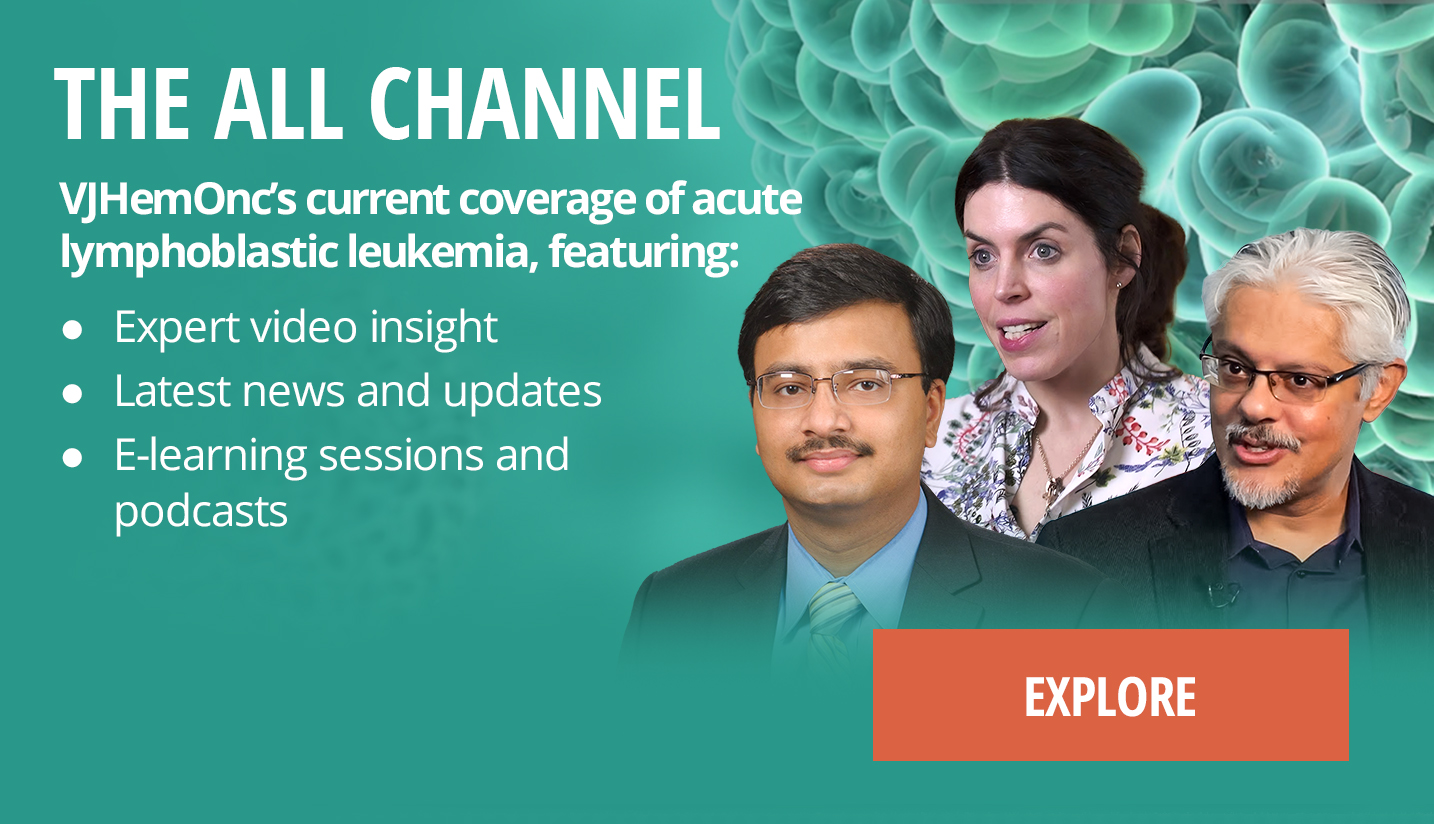The presentation was about T-cell malignancies and the production of novel CAR vectors to tackle this malignancy. T-cell malignancies are a wide family of hematological neoplasms characterized by differential prognosis according to their driving genomic mutation and cell of origin. A sizeable fraction of patients do not respond to induction chemotherapy or targeted therapy. Among responders, the relapsing ones run short of therapeutic options...
The presentation was about T-cell malignancies and the production of novel CAR vectors to tackle this malignancy. T-cell malignancies are a wide family of hematological neoplasms characterized by differential prognosis according to their driving genomic mutation and cell of origin. A sizeable fraction of patients do not respond to induction chemotherapy or targeted therapy. Among responders, the relapsing ones run short of therapeutic options. Indeed, the five-year overall survival ranges between 5% and 35%. In IRST, which is my institution, we developed pre-clinically a CAR against TRBC1, which is a potential target for TLL. And there are already some clinical attempts in clinical trials from companies to tackle this disease through this antigen. And we developed a second-generation CAR-T in a lentiviral vector. And we showed that we can have a very efficient clearance of T-ALL and T-cell lymphomas, mirroring some other results in the literature. We were also able to assess at the single-cell level the effect of the interaction between normal cells, meaning TRBC1-positive wild-type cells against CAR-T1, which is the name of our CAR-T, and producing evidence that our CAR T-cells are more effective against tumor cells as compared to normal cells. So the on-target off-tumor efficacy is much lower as compared to the on-tumor activity for the cells. In our institution, we recently got approved for a white, a clean room for CAR-T production. So we hope we will be able to implement clinically this vector soon.
This transcript is AI-generated. While we strive for accuracy, please verify this copy with the video.
















